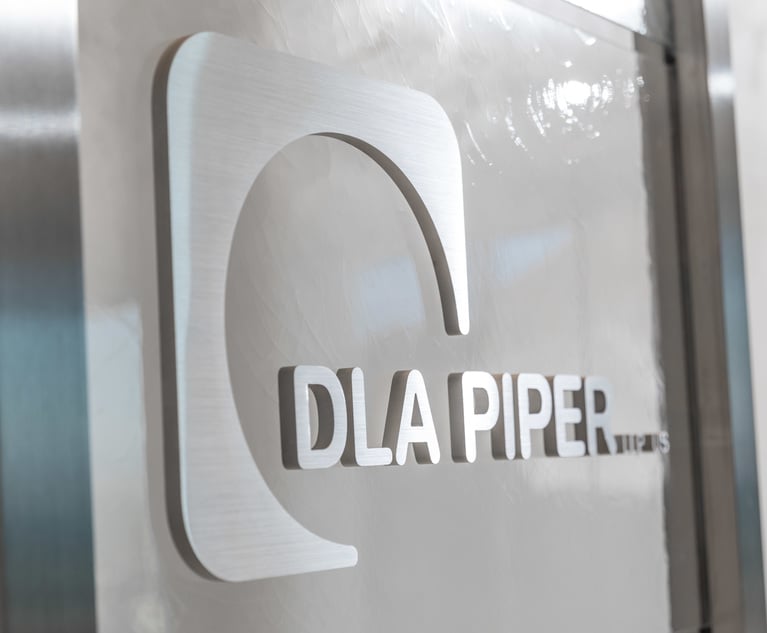US law firms must not lose sight of certain basic issues when considering expansion into London or Europe. At the outset, and on a continuing basis, they must be clear as to their strategic goals. But to what extent are some firms merely being driven by a ‘me too’ syndrome, because a competitor has just stolen a march on them?
They must actively manage their expansion and not underestimate the extent of the management time and effort, in addition to financial exposure, that must be devoted to managing and developing the ‘remote’ London office. They must bear in mind the cultural differences that exist between US and UK law firms, particularly in areas such as the work ethic – US firms can be in for a big shock once they arrive here and begin recruiting UK staff.
To implement their strategic goals, they also need to have the right person on board in London to build the practice. Without this, they will probably fail or, at best, meander and go nowhere. There are already a number of firms to whom this applies.
So what are the basic options open to US firms thinking of opening here?
1. Open an office on a greenfield site
For some firms, this might be the preferred route to gain a presence in the London market, particularly if they are driven by the need to service certain clients in Europe.
Manned by one or two ‘homegrown’ lawyers with appropriate legal and business development skills, and working on a ‘best friends’ basis with a few London firms, they can embark on growing the business at a managed pace and attract lawyers
at both the associate and partner level. This was the way a number of US firms successfully established themselves in London in the 1980s and earlier. However, the position in the market is different to the one that existed in the 1980s. To succeed in the London market now, such firms must rapidly become competitive, with their fellow US firms and their London counterparts.
Even if they have come here for the right reasons, whether their strategy is capable of being successfully implemented by this route is, as is evident in some cases, questionable. One US firm that established itself in London in this way has already closed. Others could follow if they are unable to show financial viability within a reasonable period of time.
Deep pockets and a clear strategy, supported by all the partners in the firm, are the least that is required to be present if this route is to be followed.
2. Merge with a London firm
For some firms, this route will not be their preferred choice. These firms have concluded that if they merge with a suitable London firm, they are unlikely, at least initially and probably for some time, to have the critical mass necessary to provide anything approaching more than a limited or niche service to clients. Without the necessary manpower resource of their own on the ground, they will not have the capability to provide the fuller service many clients need and so will find it difficult to win business from established firms in the market.
A number of firms seem to be chasing the Holy Grail: a top-drawer, technology-based firm with a strong corporate finance base and ideally possessing European, if not global, reach. Dream on. These firms are unlikely to find such a partner because with a few exceptions (which are probably not available in any event), such practices do not exist.
As an alternative, perhaps these firms should consider changing, but not necessarily lowering, their horizons and looking at the problem in a different way. Perhaps they should begin looking at smaller, focused firms, which may not meet all their requirements to begin with, but have the potential and ability to form the strong nucleus of a London office. Building for the long term is crucial, because if US firms are to be successful here, this must not be regarded as a short-term option.
This view may not immediately gain much favour with some firms currently looking, but over time (and possibly sooner rather than later), perhaps they will come round to this way of thinking. While there is no harm in dreaming, building a law firm is about the art of the possible.







